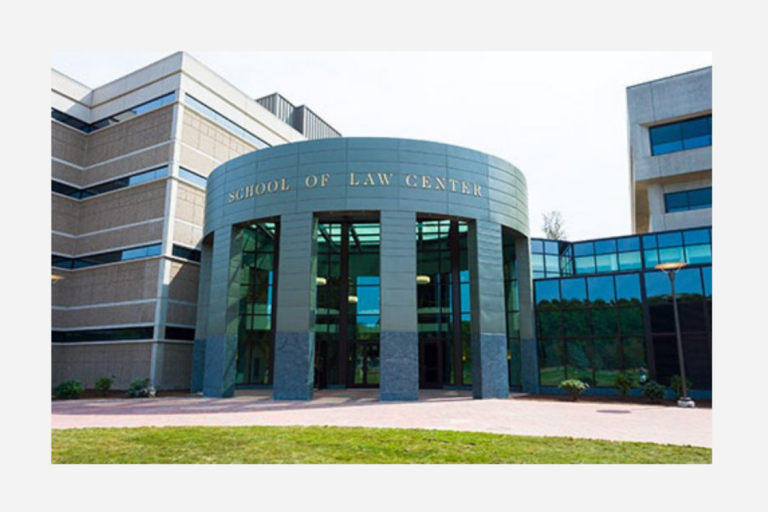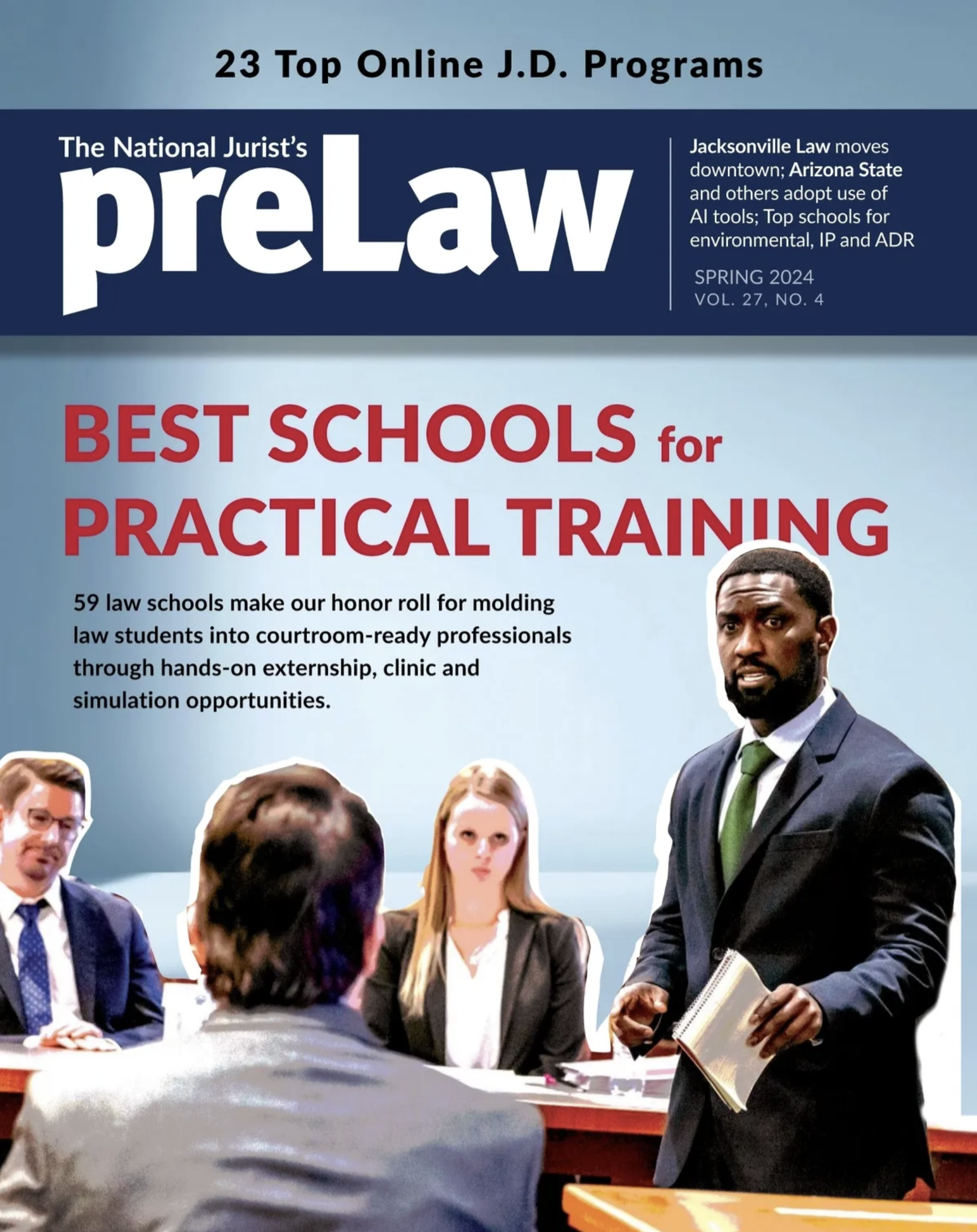More than perhaps any year in recent history, this is a year when applicants want to make sure law school is worth it. As we face uncertainty in the world, and in the job market, is it worth it to go to law school if it means taking on a lot of debt?
Fortunately, there’s a lot of consumer information out there for applicants, to help them choose a law school that will meet their own individual needs and goals. The ABA 509 Standard Disclosure Reports are a great place to start. The Law School Transparency website, the AccessLex Institute, and law school admissions and career services department webpages could also be helpful. Take a look at the data, and ask the following questions as you decide where to apply.
- Are Merit Scholarships Conditional?
If so, what percentage of the class loses them, or has them reduced after the first year? Most applicants are interested in going for scholarships, and partial or even full merit scholarships are sometimes available to good students. But there’s a catch—you could lose your merit scholarship if your 1L grades do not meet the school’s criteria. So this year, when so many are worried about finances, evaluate this carefully. This information is on the ABA Standard 509 reports. - What is the Total Cost of Attendance?
You may be looking at a law school that is located at the center of a huge city, where rent and commuting costs may be more expensive. Or, you may be looking at a school in a more rural area, where the same tuition gets you cheaper housing. However, that school may not offer you as many internship or networking opportunities as the school in the city. Bottom line-it’s more than just the listed tuition rate that you have to compare when deciding where to apply to law school. Each law school should list the total cost of attendance on its website. The career services page will have information about employment, as will the ABA Standard 509 Employment Reports. - Where Do Most of the Graduates Practice?
With many law schools, most of the graduates stay in state after graduation. Law school is not necessarily like college, where you try living in a different part of the country for fun. For law school, many hiring opportunities will be in the region that it is located in—so consider applying to schools in the part of the country where you want to live after graduation. Alumni are often more likely to live in the area too, which is a consideration for networking opportunities. The ABA Standard 509 reports will list the top states the recent graduates took jobs in, so you can see where they are working. - What is the Employment Rate for Recent Graduates?
As you try to balance schools with different tuition rates, also look at the employment rates for their recent grads. A school with lower tuition might not have the best recent graduate employment stats; or maybe it does. If you look carefully at the ABA 509 Employment Report for each school, you can see for yourself. It will also break down the types of employment—whether the recent grads are working in large firms, small firms, government agencies, business, or other positions.
Hillary Mantis advises pre-law students, law students and lawyers. She is the Assistant Dean for the Pre-Law Program at Fordham University, and author of career books for lawyers. You can reach her at altcareer@aol.com.







